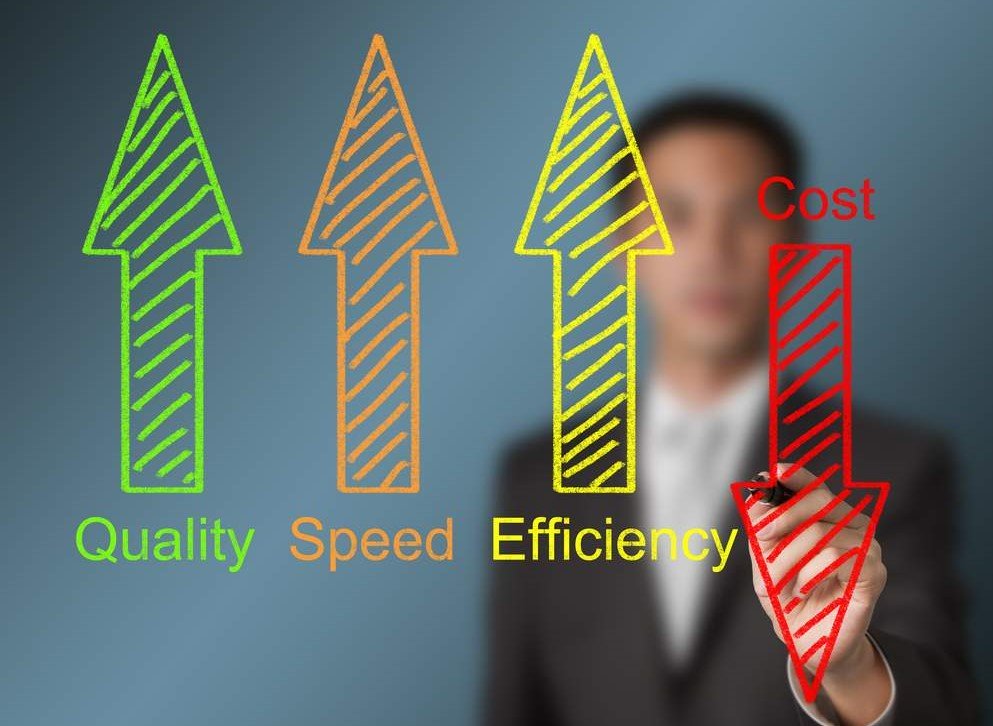The top three key trends in LegalTech and innovation across SEA
- Singapore is becoming a significant market for global LegalTech companies, with many leading tech vendors, particularly from US and Europe, wanting to learn more about the SEA market. This reflects Singapore’s status as a significant business and legal services center but as a less mature market than the US and EU, it has potentially greater growth opportunities. Being common law and English speaking also means it is a relatively easy place to launch products that have been successful in similar jurisdictions.
- Singapore is an increasingly effective hub for developing technology solutions and several homegrown solutions now compete globally in terms of functionality and design. There are also several accelerators and incubators which are helping to establish an environment that supports this. These include GLIDE (Global Legal Innovation and Digital Entrepreneurship) which is Asia’s first LegalTech accelerator and FLIP (Future of Law Innovation Program) and there are others, including several hosted by corporates. These also attract foreign businesses which promotes competition and the sharing of ideas; the hallmarks of a healthy ecosystem. The wider developed technology market, led by fintech, e-commerce and healthtech businesses, also means that funding and technical skills are established here.
- Industry stakeholders in Singapore have recognized the need to support both buy and sell side and the importance of facilitating the adoption of legal technology. The Singapore Law Society’s “Tech-celerate” program subsidizes the cost of technology and SAL’s “Lighten-Up” program provides consulting on the procurement and implementation of technology.
Tech products that are seeing the most interest – small firms, large firms and in house
- What tech product is the most popular depends on the type and size of business. For small law firms, the focus is on internal operations; from client intake to matter management and invoicing. They are also taking a hard look at how they conduct legal research and some are looking at document management and knowledge management systems to move knowledge out of lawyers’ heads and into the body of the firm itself.
- Medium and larger law firms through necessity have generally got the basics covered. They are instead looking at transformational technology and exploring ways to leverage AI, which in turn is causing them to take deeper looks at their pricing structures and the best way for them to monetize their investments in technology. Some are also looking at more robotics and data analytics to drive their business forward as well as to service their clients.
- In-house legal operations are being pushed by business demand to rethink their entire role in their organisation, especially their speed of service and ability to add value. They are looking at technology as a way to deliver knowledge to their stakeholders; so GCs can use data the way a finance or sales director can. They are looking at ways to create invisible guardrails to meet compliance requirements and ‘self-help’, triage and contract management solutions so business colleagues are empowered to solve ‘legal’ problems without sending everything to the legal team by default. They are also thinking about developing tools to manage the changing legal supply chain to deliver the best price-quality-access mix they can. Finally, they are focusing on people and ensuring they are equipped to undertake their own digital transformations and that the best possible communication tools are put in place.
Challenges to Adopting Technology
On the sell side, the reality is that there are now so many products available that it overwhelms potential buyers and there still isn’t a very precise way to talk about legal technology. Vendors therefore can improve in three areas:
- explaining exactly what their product does and doesn’t do;
- showing clients how the tech can save them time and money and what the ROI will be; and
- listening to the client and its needs, and then focusing on the UX and the use-case.
On the buy side, users need to be realistic about what they can expect to achieve; technology is not a panacea. In the words of our very own Bill Novomisle “technology is an enabler, it’s not the solution itself”. It is part of the equation, but teams still need the right mix of people, process and technology. Few lawyers have the expertise to run a tech vendor evaluation process properly; it is simply not something that lawyers are trained for and it is therefore important for legal teams to make sure they have the right support before committing time and money to tech projects.
Finally, despite the noise and hype, the market is still immature and the financial investment can appear high and too risky to some, especially where products don’t have widespread usage and therefore remain ‘untested’. As we know, lawyers can often be slow to change and innovate, whether as a result of their ingrained working practices or because the economic models of their organisations do not lend themselves easily to making these kinds of investments.
But what does this all mean?! What does the future hold for the SEA Legal Ecosystem…
- More technology products will come to market; there will inevitably be new entrants that do something better than or differently to the incumbents. This will accelerate as private investment grows in the sector and there will be continued consolidation and strategic partnerships between the technology venders themselves and with legal service providers.
- Many legal services will become more like other consumer services; introducing tools such as net promoter scores, chatbots and more data-driven decision making; there will be an ever increasing emphasis on UX and being client-centric will become more than just the buzz-word it so often is.
- As lawyers come under more pressure to keep up with the pace of business, we will see an increased focus on process and operational efficiencies to go alongside technology. We see more hiring of dedicated legal operations executives; individuals with data analytic, tech, change and project management skills on top of legal skills.
- That will happen alongside changes to the supply chain. As cost and time pressures increase, more of the day to day legal needs of businesses will continue to be transferred in-house and/or carried out with the support of legal service providers.
- The way that law is taught will change in order to produce ‘practice ready’ lawyers. Lawyers will need to possess more than just the black-letter legal skills traditionally taught by law schools; the ‘T-Shaped Lawyer’ will be the lawyer of the future.
We are seeing the direct and indirect impact that technology is having across our professional and personal lives and the legal industry is not immune. Far from it. It is an industry comprised of businesses, people and institutions that have seen relatively very little change for a long time, and whilst for some it may seem uncomfortable, it offers incredible opportunities and should be embraced by all…. Don’t get FOMO!
* FOMO – “fear of missing out” the anxiety that an exciting or interesting event may currently be happening elsewhere, often aroused by posts seen on social media.
































 Titus Rahiri
Titus Rahiri







